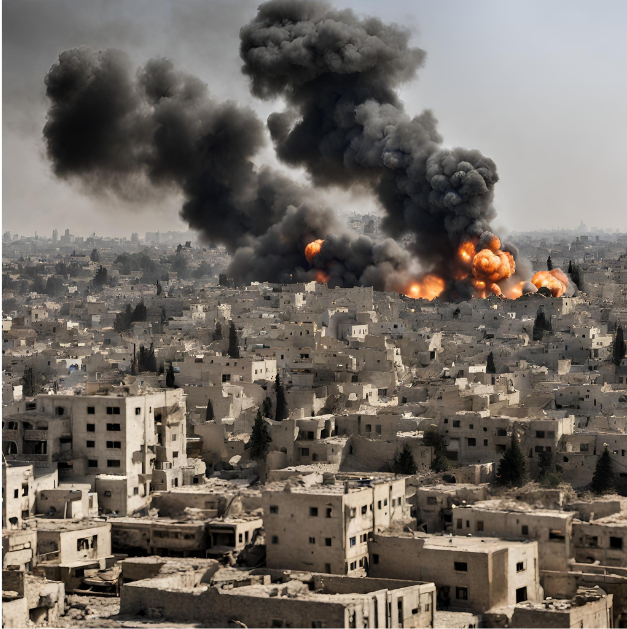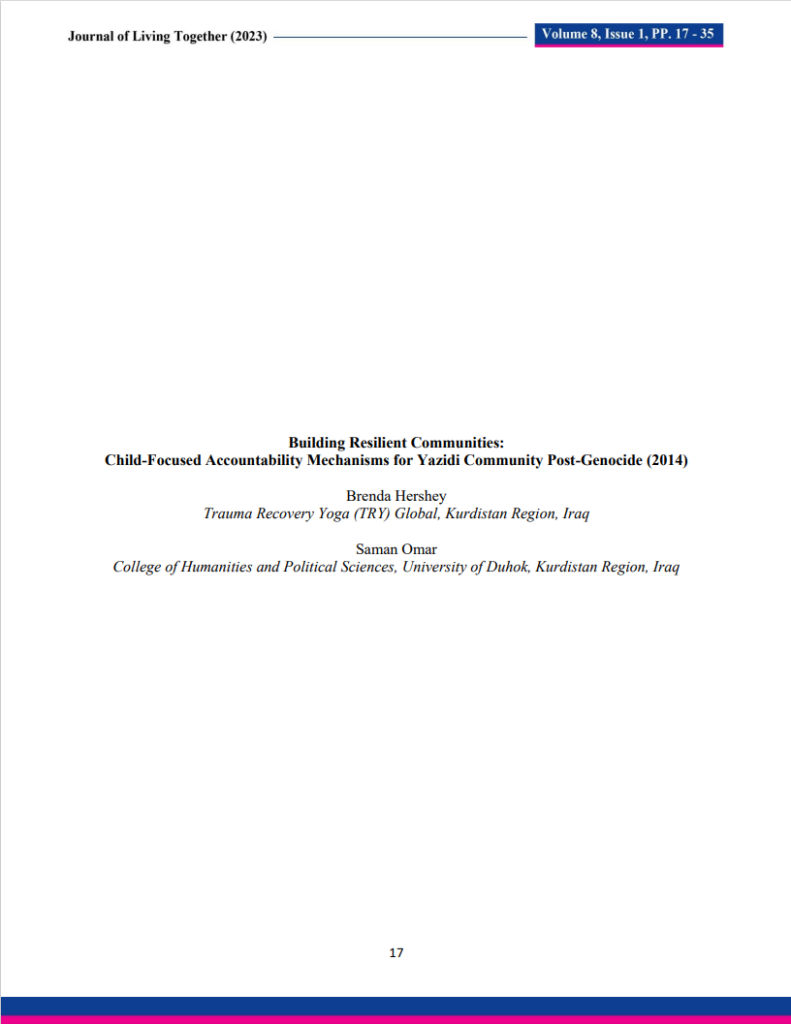Israeli-Hamas War: Statement of International Center for Ethno-Religious Mediation

The International Center for Ethno-Religious Mediation (ICERMediation) is deeply saddened by the recent escalation of violence in the Israeli-Hamas conflict. Our organization is committed to promoting dialogue, understanding, and peaceful resolution of ethno-religious conflicts around the world. In this spirit, we issue this statement with a heavy heart, condemning the actions that have taken place and urging all parties to seek a path toward reconciliation and an end to the violence.
- Condemnation of the October 7th Massacre:
ICERMediation unequivocally condemns the actions of Hamas on October 7th, which resulted in the tragic loss of innocent lives. The use of violence against civilians is a clear violation of the principles of humanity and international law. We call upon all parties involved to reject such actions, which only serve to perpetuate the cycle of violence and suffering. We ask that all hostages taken into Gaza during or after the October 7th massacre in Israel be released immediately.
- Condemnation of Indiscriminate Bombing of Civilians:
We also condemn the indiscriminate bombing of civilian areas in Gaza by Israel, which has resulted in significant human suffering and loss of life. The use of force that endangers the lives of non-combatants is incompatible with the principles of proportionality and distinction enshrined in international humanitarian law. We hold that Palestinian lives in Gaza also matter.
- Call for Ceasefire:
ICERMediation joins other international bodies to call for an immediate ceasefire in the region. The ongoing violence only leads to further destruction and human suffering. A ceasefire is the first step toward preventing further loss of life and allowing humanitarian aid to reach those in need.
- Call for Peaceful Negotiation:
We strongly encourage all parties involved in the Israeli-Hamas conflict to engage in peaceful negotiations. The cycle of violence and retribution has gone on for far too long, and it is only through dialogue, empathy, and a commitment to a just and lasting peace that a sustainable resolution can be achieved. We urge all stakeholders to prioritize diplomacy, reconciliation, and the well-being of all people in the region.
ICERMediation remains ready and willing to support any efforts towards peace and reconciliation in the Israeli-Hamas conflict. Our organization believes in the power of mediation and dialogue to resolve ethno-religious conflicts and foster mutual understanding.
In conclusion, we emphasize the urgency of ending the suffering of innocent civilians and the need for a peaceful resolution to this long-standing conflict. It is our hope that the international community, regional actors, and the parties directly involved will heed this call and work together to bring about a just and lasting peace in the region.
For further information, please contact us.



